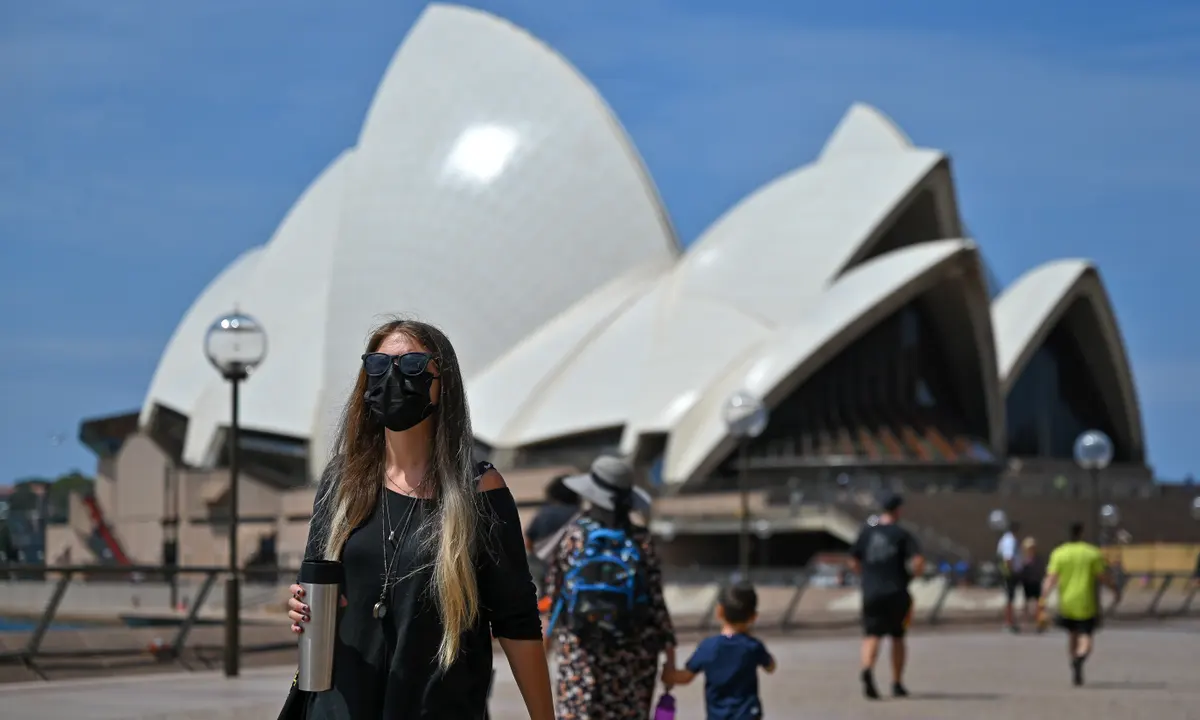On Thursday, Australia announced a probe into its handling of the 2020 pandemic, COVID-19, including its use of fortress-like travel limitations and restrictions and a slow initial vaccine rollout.
Canberra levied some of the world’s most severe restrictions during the COVID-19 pandemic, closing international borders for two years and shutting down most bigger cities for months on end.
For much of the pandemic the plan worked, but the ease of the rules led to a jump in detected cases. High vaccination rates restricted the number of deaths.
Anthony Albanese, the Prime Minister of Australia, told reporters that it was a very disruptive period in our lives but we got through it. We need to analyze what went right, what could be done better than that with a focus on the future, he added.
The government said that the 12-month independent inquiry will study the federal government’s response.
That includes the provision of vaccines, treatments, and key medical supplies; financial aid for people and businesses; mental health support; and aid to Australians abroad.
It will also look at more than 20 earlier COVID-19 probes.
Some of those were organized by Australian states, which conducted health-affiliated measures such as lockdowns, testing, tracing, quarantine, and hospitals as well as their border controls.
In one significant lapse, a last New South Wales probe discovered “serious” mistakes led to an outbreak when thousands of passengers were permitted to leave from the Ruby Princess cruise ship in Sydney on March 19, 2020, before their COVID-19 test results were in.
According to the World Health Organization since January 2020, the nation of more than 26 million people has registered more than 11 million COVID-19 cases and 22,800 casualties.




